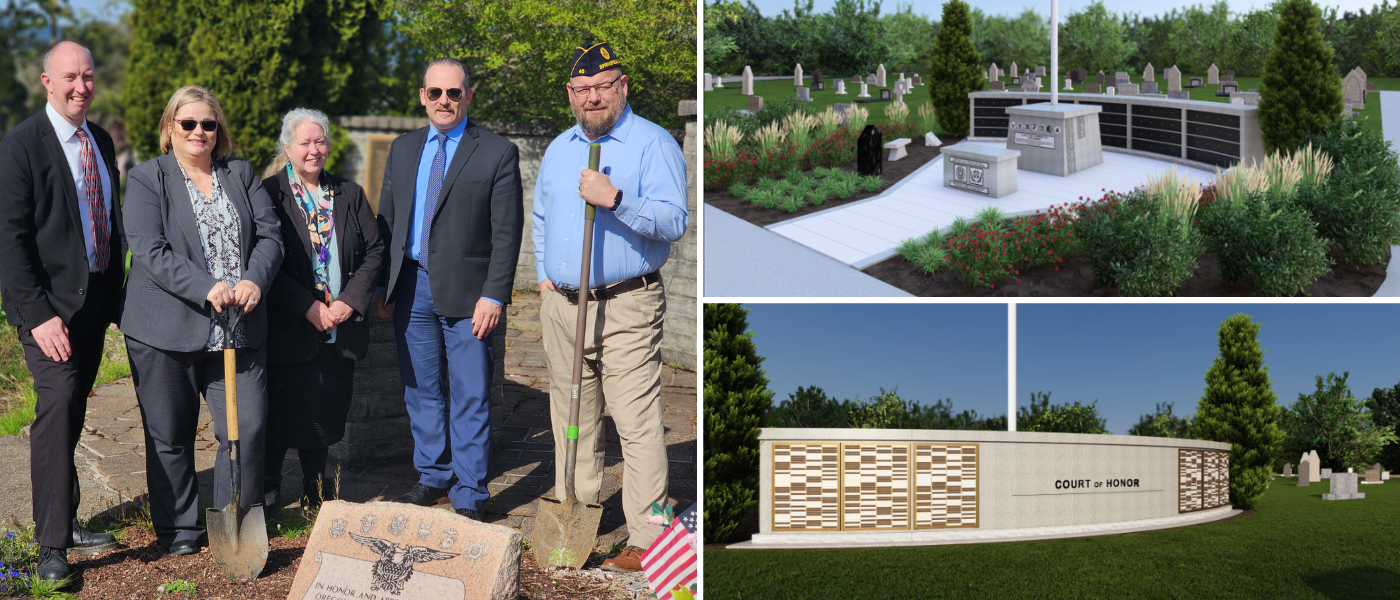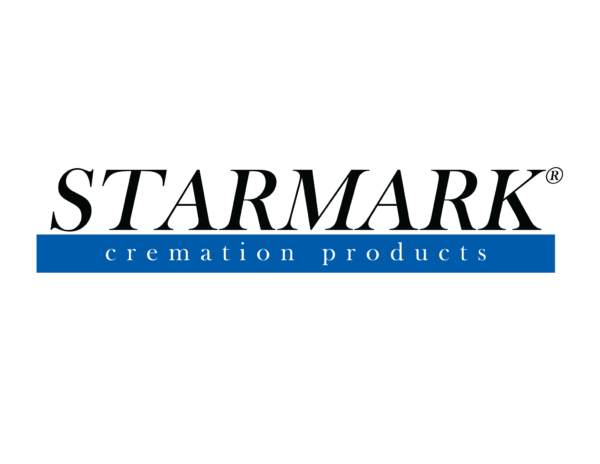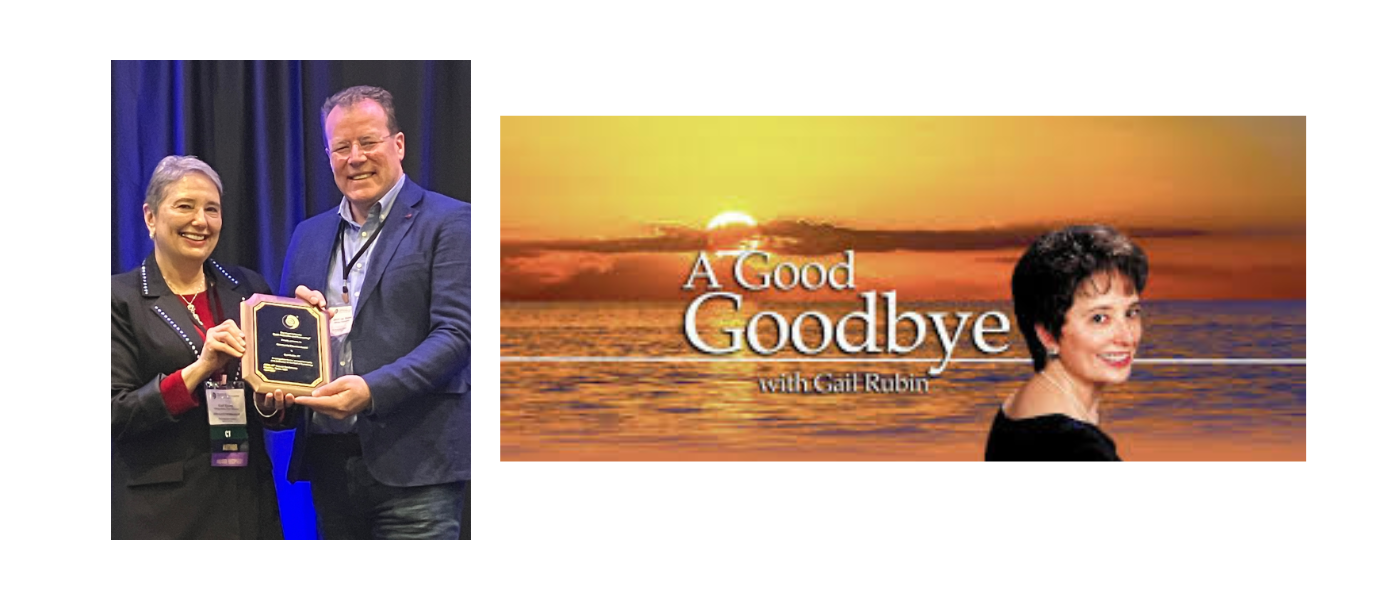How Becoming A Funeral Celebrant Transformed My Funeral Home
Article by Kristan McNames, funeralOne
As a funeral director I’ve planned and have been present at what seems like a million funerals. I’ve cringed when the open mic (“Hey, come share a memory with the family”) has either been eerily silent, or veered off course and gone horribly awry. (Just ask me about the time someone stood up and started going on and on about the deceased contracting an STD back in the day.) I’ve rolled my eyes when the minister stood up and started his funeral sermon with the phase, “I never met (fill in the blank), but I’m here to share some words with you today.” I’ve shuddered when the hospice chaplain stood at the podium and started the service with the ever so poignant and touching reading of the obituary… You know, the obituary that I wrote with the family in 20 minutes to meet the deadline, that I left as many words as possible out of, because they wanted to make it as inexpensive as it could be.
Funerals aren’t like modern day marriage – there’s no do-overs. We only have one chance to rock it, to make it memorable, to make sure that everyone in attendance leaves the room feeling like the time they spent meant something. There’s too many meaningless funerals, too many people telling me at community events that they want to be cremated and thrown to the wind, too many people with funeral horror stories about how awful their loved one looked, or how much of a jerk their funeral director was. It makes me sick, and makes me fear for the future of my profession. We have one chance to get it all right. And becoming a Certified Funeral Celebrant has helped me get one step closer to getting it right for the families I serve.
The Road To Becoming A Celebrant
In my gut, I knew that becoming a celebrant would be really great for the reputation and longevity of my business. But initially, I was almost too afraid to take the leap. I was afraid of offending clergy members and hospice chaplains. I was terrified that I’d suck and disappoint the families that trusted me with their funeral arrangements… Sometimes it’s just easier to not be the lone funeral director paddling up-stream and to just play ostrich. But I pushed all of those thoughts aside and I jumped in anyway.
I registered for the training through Insight, and traveled to my local mortuary college on a beautiful fall weekend. It was the best training… ever. And then I came home and did nothing for nine months because of all the reasons I mentioned above.
Then the stars were aligned one day. The moon was in the proper quadrant of the sky, and I met a lovely family who didn’t have a religious affiliation and really just wanted people to stand up and take turns talking. I had a flashback to every awkward service I had witnessed in my life. They seemed super nice, so I took a leap of faith and I offered to serve as their celebrant. Done. Once I took that first step, there really wasn’t any looking back.
A Transformation In Service Leaders
The average consumer doesn’t grasp that the clergy person (or officiant, or chaplain) isn’t a part of my funeral home team. But unfortunately, when a sub-par funeral officiant takes to the podium, that person is perceived as part of my brand. If they do a horrid job, consumers think that my funeral home is a horrid place to have a funeral. This is not okay. It’s bad for the family, the people in attendance and for my business. However, my celebrant service is an extension of my overall brand that I can control.
I obviously can’t conduct every funeral at my funeral home, but I can make it clear to the attendees that the officiant is separate from the funeral home by making a simple announcement. If I’m the one conducting the service, I say, “Thank you all for coming today to celebrate the life
of Mary Smith. My name is Kristan McNames, and I’m the co-owner of the funeral home. Today, I’m honored to serve as the funeral celebrant as we celebrate the life of Mary Smith.” If people in attendance love the service, they remember that I’m affiliated with the funeral home. Eventually, they may call back for either a service at my funeral home, or to utilize me as a celebrant at a service elsewhere.
If it’s an outside clergy person, I’ll add the introduction of the officiant: “I’m honored to introduce Rev. Bill Jones, of the Second Congregational Church. Richard was a member of the church for 40 years, and we’re blessed to have Rev. Jones conducting the service today.” This comment establishes a separation between the funeral home and the officiant.
My hope is that if the officiant reads the obituary, says a few bland generic comments and throws in The Dash poem for good measure, people in attendance will remember that we did an excellent job caring for the family, provided custom printed products, and went above and beyond in every other aspect of the service… and that Rev. Jones is employed elsewhere.
Improving The Way Families Celebrate Life
We’ve marketed and believed from day one that every funeral should be, “As Unique As Life.” When we incorporated the celebrant offerings into our business, we hit the mark. Previously, we went above and beyond to personalize services, with theme based printing, memorial videos, awesome customer service, appearance of deceased people that exceeded the expectations of the family, and special keepsakes that varied based on the family. Providing the services of an on-staff celebrant just helped to add one more thing to differentiate our funeral home from the competition. They’re all still stuck and doing the same thing that their grandpa did in 1975. We’re the only funeral home in our community that offers this service.
The process is fairly simple: I have a series of questions in which I conduct an informal interview, or informational gathering with the family members. (I usually schedule this meeting after the arrangement conference, so that the family has time to regroup, sleep, eat and get photos together.) I’ve found that with several open ended questions, it’s fairly simple to get most people to open up and share stories and memories. I follow all of the guidelines that I was taught in the celebrant training. We meet in a private place, with limited interruptions. The meeting is for immediate family only, and I ask permission to share stories at the service.
I try to include as many people from the family as possible, but not everyone is able or wants to get up and share their thoughts at a funeral. I’ll incorporate family memories in the stories that are shared and read letters that the family writes. I’ll also add poems and special music to the service. It’s something that is simple, but something that other officiants and I never considered doing previously.
If I read a poem, I tell the audience why I chose that particular poem. “This is a poem about a mother’s love for her children.” If there’s a variety of knick-knacks and collections around the room, and I make sure to tell them why the collection of cardinals and clown figurines were significant to the deceased. I’ve enlisted the help of grandchildren and great-grandchildren at the end of the service to pass out a special keepsake, selected by me for people to take with them. Little kids love to have an important job and their parents appreciate the inclusion.
The process isn’t rocket science, but it is time consuming. I have background in journalism, and an open and outgoing personality that people feel comfortable sharing with. The process would be an adjustment from the traditional role of educator/order-taker for many funeral directors. And in some cases, the funeral director probably isn’t the best person to select for the celebrant position. If you’re looking at your current staff, you want the person that serves as your on-staff celebrant to be outgoing, comfortable in front of a crowd and able to relate to all sorts of people. You can also hire a celebrant locally to work with your families and improve the image of your brand.
The person that’s in the celebrant role needs to be able to keep a conversation going, be able to hear what’s inferred or implied underneath what’s actually being said, and take great notes in order to put the pieces together after the family leaves. I try to write up my service the minute the family walks out the door, otherwise I feel like details could be missing.
How Celebrants Take Funerals To The Next Level
I’ve seen a huge difference in the responses that I receive immediately after the funeral service. People have consistently taken the time to seek me out when the service is over to tell me how great the service was. One attendee told me that he never knew the deceased, but that he felt like he was his old friend because of the stories that I shared and the way the service was conducted. Many people have taken the time to share both brief and lengthy comments about the impact of the service.
As funeral directors, how often do we see people that are actually excited and positive after a funeral service? It’s pretty fantastic to see people leave a service with a smile on their face, discussing funny or touching stories that they heard. They came through the door to express their sympathy and seeking meaning in a time of loss. They left feeling like their needs were met.
Celebrant services are really a reflection of the life of the deceased. They’re not boring, they’re not generic and they’re not all the same. They give family members and friends an outlet to share their stories and express their grief. They’re not just for people that don’t have a church affiliation, or for those who consider themselves atheist, agnostic, or humanist. People with longstanding relationships with traditional denominations can benefit from a celebrant service. I’ve performed them as part of an evening visitation, followed by a traditional Funeral Mass the following day at the church, officiated by their parish priest. Tradition and modern funeral customs can co-exist.
As far as I know, I have not alienated any clergy people or hospice chaplains. I’ve discovered that the service is a great way to utilize my journalism background and public speaking skills to provide a value added service to the families that entrust me with the care of their loved one. I’m not horrible at it, and the process has been a challenge and has helped me grow as a funeral professional. Offering this service is a way for families to have more meaning in the services that they arrange with us.




